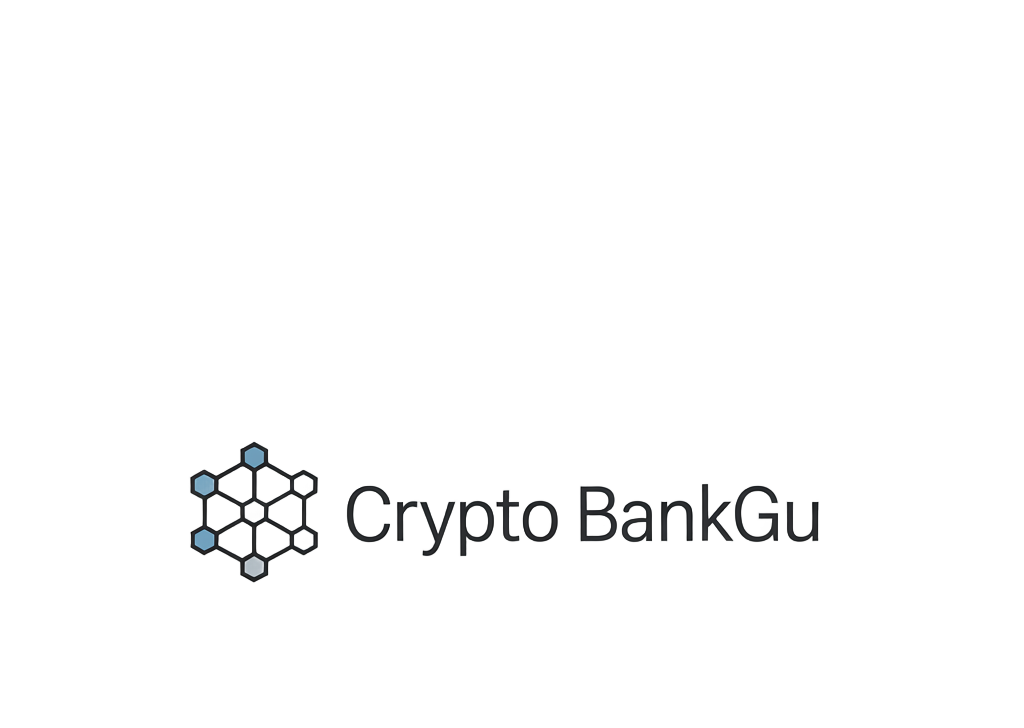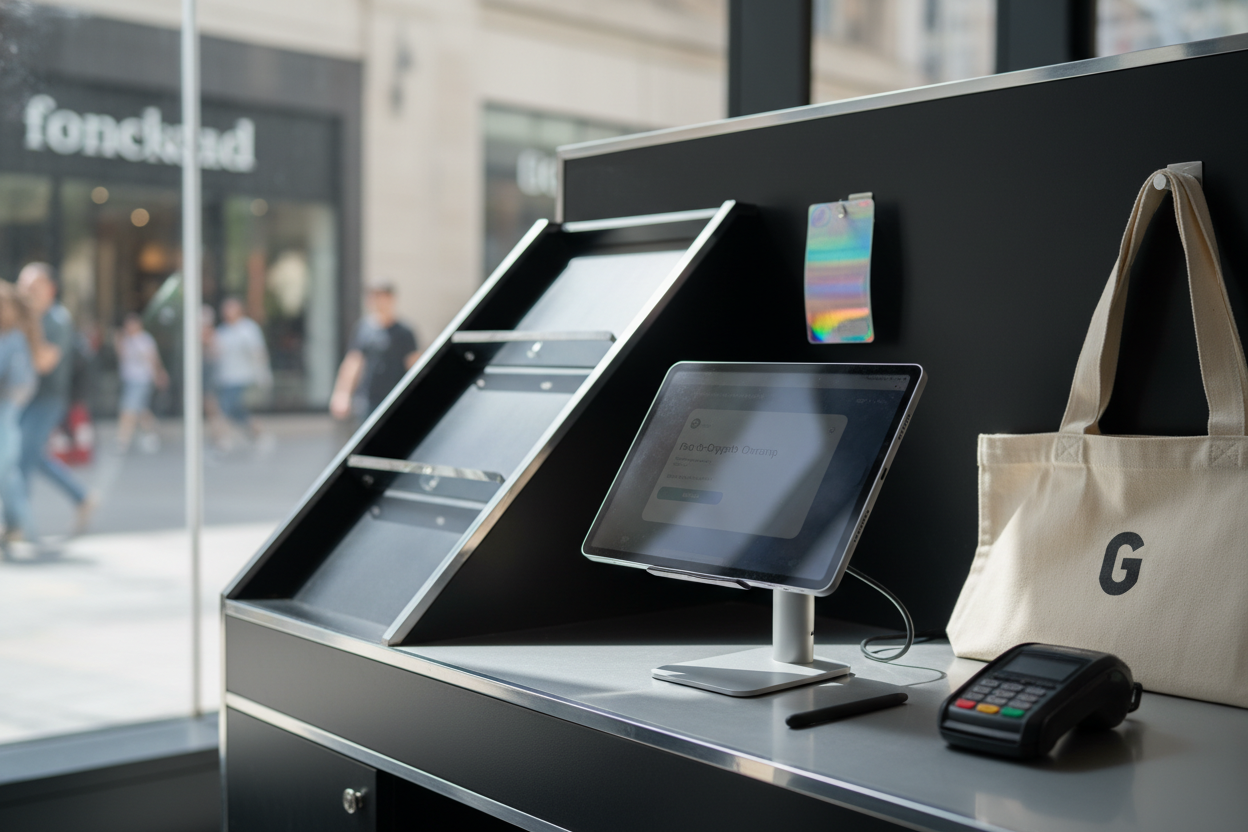
Opening a business account with a crypto bank in 2024 is no longer a niche endeavor reserved for blockchain startups. As digital asset management for businesses goes mainstream, organizations from fintechs to consultancies are seeking robust, compliant banking solutions that support both fiat and cryptocurrencies. However, the process is not as straightforward as opening a traditional business account. Regulatory scrutiny, enhanced due diligence, and evolving compliance requirements mean that preparation is everything.

Understanding Crypto Bank Business Account Requirements
The first step to open a crypto bank business account is ensuring your company meets all legal and regulatory prerequisites. Most reputable crypto-friendly banks will expect you to demonstrate:
- Business Registration: Your entity must be legally incorporated in its operating jurisdiction.
- Licensing: If your activities include custody, exchange, or transfer of digital assets, you may need a Virtual Asset Service Provider (VASP) license or local equivalent. For example, New York-based firms may require a BitLicense (ny.gov).
- AML/KYC Policies: Written procedures for Anti-Money Laundering and Know Your Customer compliance are essential. Banks will ask for detailed documentation outlining how you screen clients and monitor transactions.
This preparation isn’t just bureaucracy – it’s about proving your business is structured for transparency and long-term viability. According to industry reports (epicofinance.com), demonstrating compliance upfront can dramatically increase your chances of approval.
Selecting the Right Crypto-Friendly Bank
The landscape of crypto business banking 2024 is broadening rapidly. Not every institution will welcome digital asset companies – many traditional banks remain wary due to perceived risks around volatility and compliance. Instead, focus on banks or neobanks with proven experience in the sector or those specifically marketing themselves as crypto-friendly.
Key features to look for include:
- Multi-currency support: The ability to hold and transact in both fiat (USD, EUR) and cryptocurrencies (BTC, ETH).
- Instant payment rails: Real-time settlements across borders can be critical for global operations.
- User controls and API integrations: Modern platforms like Mercury or Tap offer seamless integrations with accounting tools and developer APIs (WithTap, Mercury).
- No hidden fees: Look for transparent fee structures with no monthly minimums or surprise charges (Mercury).
Avoid simply choosing the first available option; compare at least three providers on service scope, costs, compliance track record, and customer support responsiveness.
Key Features to Compare in Crypto Bank Business Accounts
-

Regulatory Compliance & Licensing: Ensure the bank is fully licensed and compliant with relevant regulations (e.g., BitLicense in New York or VASP registration in the EU). This impacts your business’s legal standing and risk profile.
-

Supported Currencies (Fiat & Crypto): Compare which fiat currencies (USD, EUR, GBP, etc.) and cryptocurrencies (Bitcoin, Ethereum, USDC, etc.) the bank supports for deposits, withdrawals, and payments.
-

Account Features & Integrations: Look for features like dedicated IBANs, API access for automated payments, bulk payouts, and integration with accounting or trading platforms (e.g., Tap, Mercury).
-

Transaction Fees & Pricing Structure: Examine all fees, including deposit/withdrawal fees, monthly account fees, FX fees, and crypto transaction costs. Transparent pricing helps you avoid unexpected charges.
-

AML/KYC & Due Diligence Requirements: Assess the bank’s anti-money laundering (AML) and know your customer (KYC) processes. Some banks (e.g., Mercury, Revolut Business) offer streamlined onboarding, while others require extensive documentation.
-
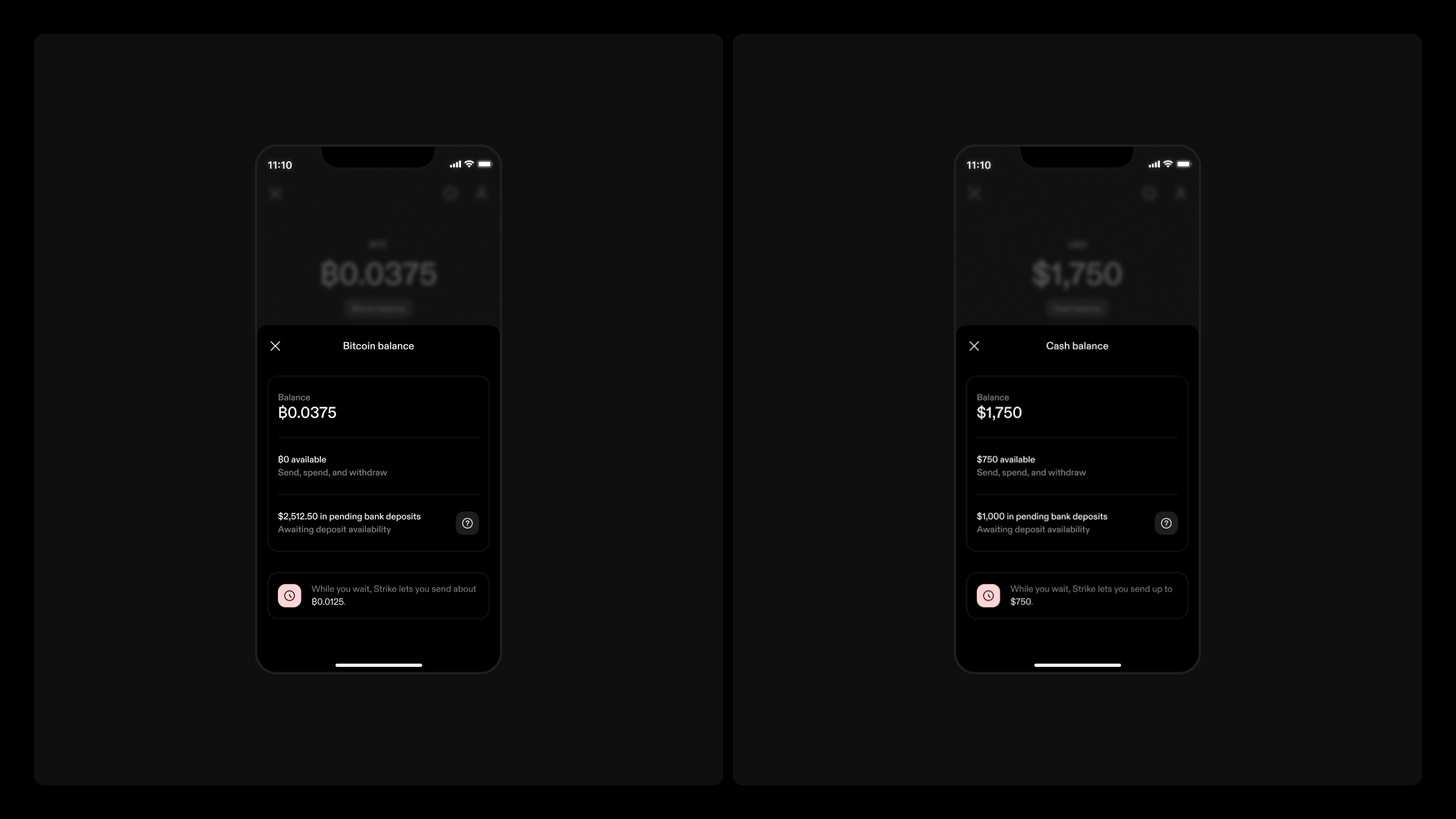
Deposit & Withdrawal Limits: Review any limits on daily, monthly, or single transactions for both fiat and crypto. High-volume businesses should ensure these limits align with their operational needs.
-
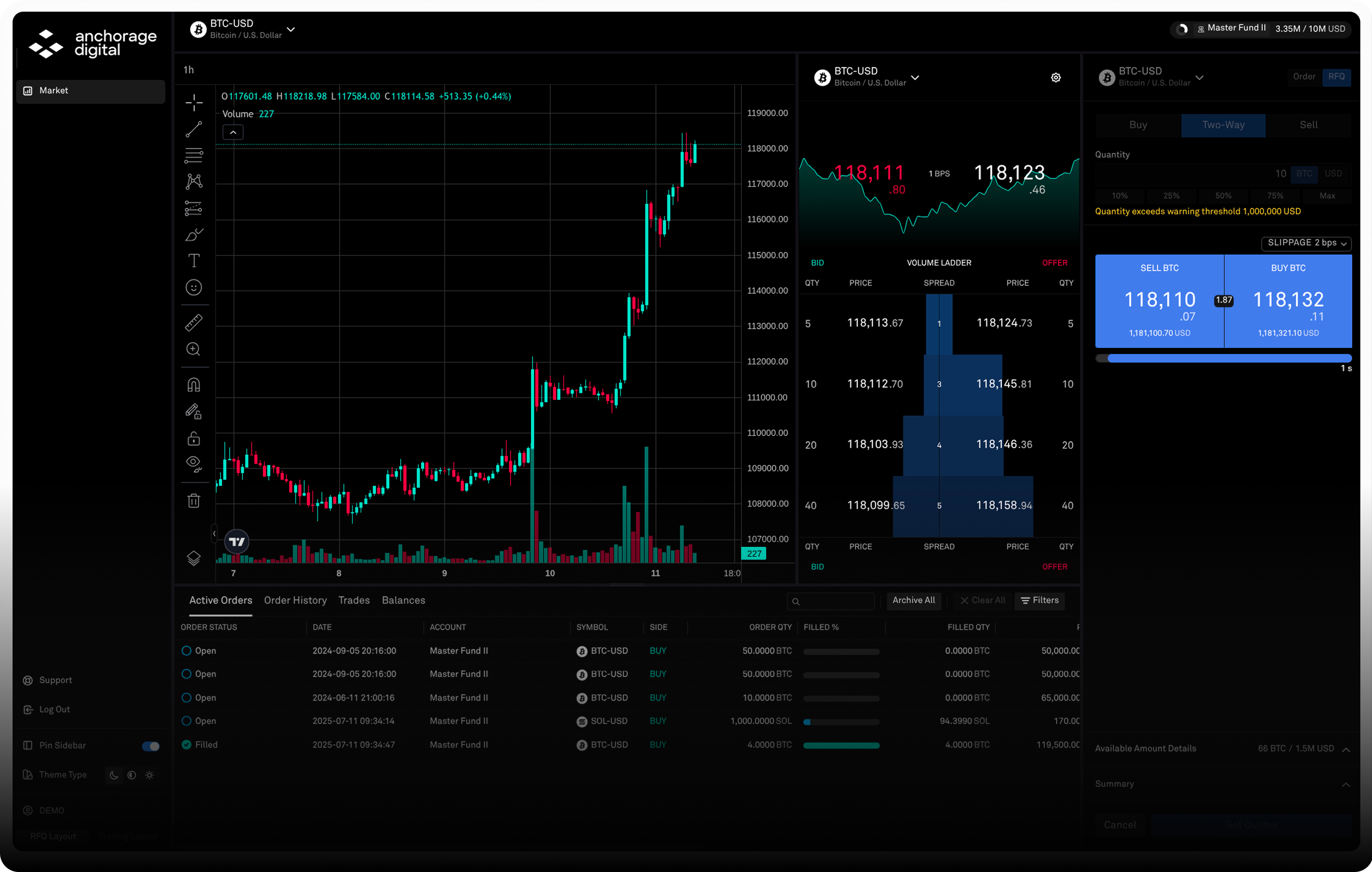
Customer Support & Service Levels: Evaluate the availability and quality of customer support, including dedicated account managers, live chat, and response times, especially for urgent banking issues.
-

Jurisdiction & Global Accessibility: Consider where the bank is based and which countries it serves. Some, like WithTap, offer global access, while others may be restricted to certain regions or require local company registration.
The Documentation You’ll Need (and Why It Matters)
Banks serving the digital asset sector conduct rigorous onboarding due diligence. Prepare these documents before applying:
- Articles of Incorporation/Organization: Proof your business exists legally.
- ID Verification: Valid identification for directors and ultimate beneficial owners (UBOs).
- Licenses and Registrations: Copies of any required regulatory licenses relevant to your jurisdiction.
- KYC and AML Policies: Internal manuals detailing how you vet clients and monitor activity.
- Financial Statements and Projections: Recent financials plus forward-looking revenue forecasts help banks assess risk exposure.
This level of transparency signals professionalism – banks want assurance that you’re proactively managing risk rather than reacting under pressure. For further insights into what specific banks require during onboarding, see this detailed guide from Epicofinance: How to Open a Bank Account for Crypto Exchange in 7 Steps.
Once your documentation is in order, anticipate a comprehensive review by the bank’s compliance team. This process is more demanding than with traditional business accounts, often requiring clarifications and supplementary evidence about your business model and internal controls. Respond promptly and transparently to all requests, delays or incomplete answers can stall or even derail your application.
Navigating Due Diligence and Approval
Banks will scrutinize your business for potential risks, focusing on how you manage customer onboarding, transaction monitoring, and regulatory reporting. Expect questions about your technology stack, transaction flows, and how you detect suspicious activity. You may be asked to demonstrate live systems or walk through compliance scenarios. The more robust your processes, and the more granular your documentation, the smoother this phase will be.
It’s not uncommon for banks to request updated financial projections or details on major counterparties. If you’re partnering with external compliance vendors or custodians, be prepared to provide contracts and service level agreements. Remember: banks are looking for evidence that your risk management is proactive rather than reactive.
Negotiating Account Terms and Services
Approval is only the beginning. Carefully review all proposed account terms before signing, especially around transaction fees, deposit/withdrawal limits, and supported currencies. Some platforms offer advanced features like segregated crypto wallets, multi-user access controls, and instant conversion between fiat and digital assets (WithTap). These can add significant operational value but may come with additional costs.
- Fee transparency: Ensure there are no hidden charges for inbound/outbound wires or crypto conversions.
- API access: If you plan to automate payments or integrate with third-party tools, confirm API availability upfront.
- Customer support: Responsive support becomes critical if you encounter payment holds or require urgent compliance reviews.
If any terms seem unclear, such as daily withdrawal caps or how chargebacks are handled, ask for written clarification before proceeding. The right banking partner should act as an extension of your compliance team rather than an obstacle.
Maintaining Ongoing Compliance and Bank Relations
The work doesn’t end once the account is open. Crypto banks expect ongoing transparency: regular updates on beneficial ownership changes, new product launches involving digital assets, and immediate disclosure of any regulatory inquiries or adverse media events affecting your business (epicofinance.com). Periodic reviews may require you to resubmit KYC data or update AML policies based on evolving regulations.
Proactive communication is key, if you foresee a spike in transaction volume due to a new partnership or campaign, notify your bank in advance to avoid triggering automated fraud alerts. Building a strong relationship with your account manager can help resolve issues quickly if they arise.
Alternative Solutions When Traditional Banks Decline
If you struggle to find a traditional bank willing to onboard your crypto company, or face persistent delays, consider alternative providers such as neobanks or specialized payment institutions catering to digital asset businesses (epicofinance.com). These platforms often feature streamlined onboarding processes, multi-currency IBANs, and global payment rails tailored for high-growth startups.
Your jurisdiction can also play a decisive role; some regions offer clearer regulatory frameworks and faster approvals for crypto businesses (key2law.com). Researching these options early can prevent costly delays down the road.
Top Alternative Banking Solutions for Crypto Businesses
-
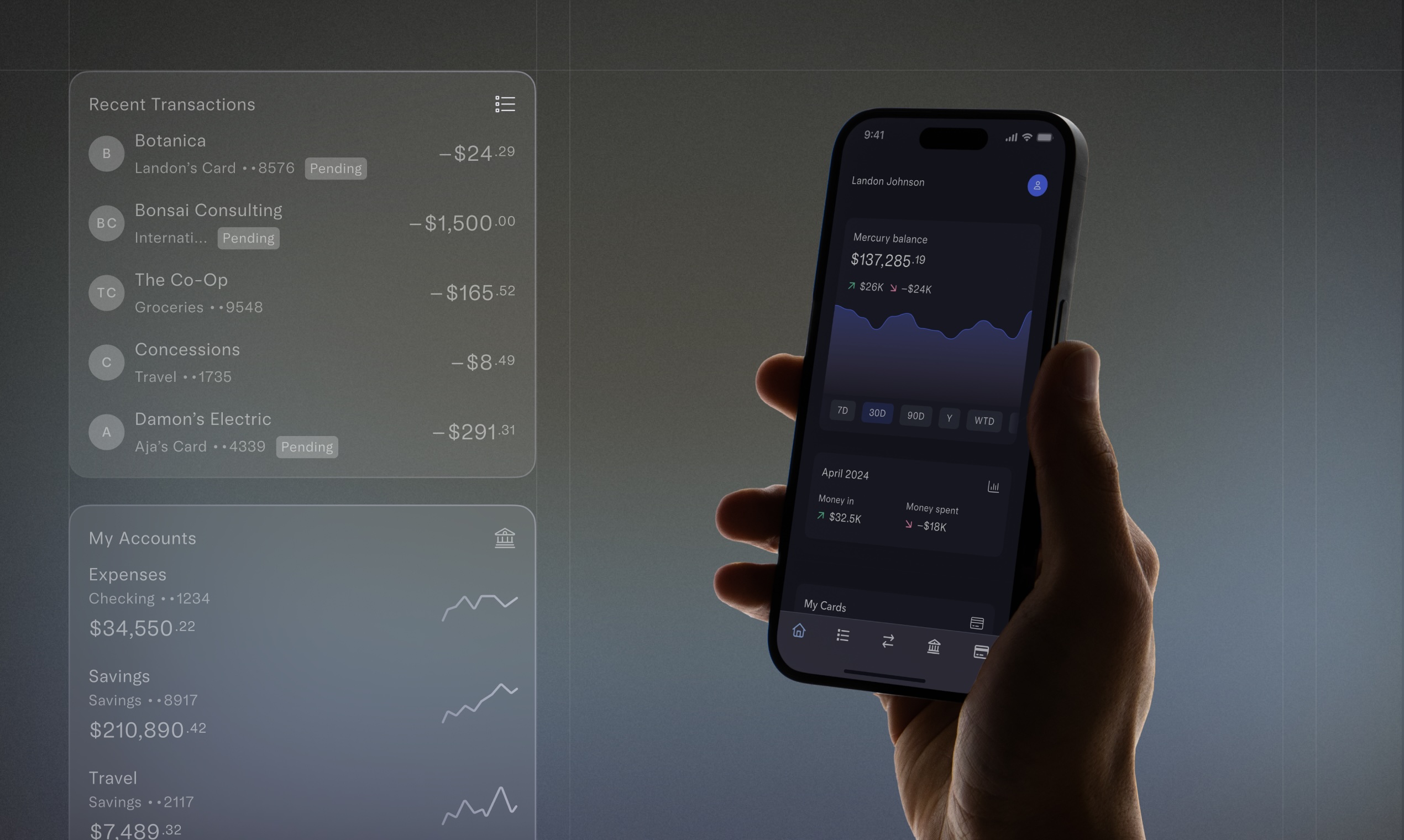
Mercury: Mercury is a US-based digital banking platform known for its crypto-friendly approach. It offers free business banking with no minimums, no monthly fees, and seamless integrations with payment processors and accounting tools. Mercury is widely used by startups and crypto companies for its straightforward onboarding and compliance support.
-
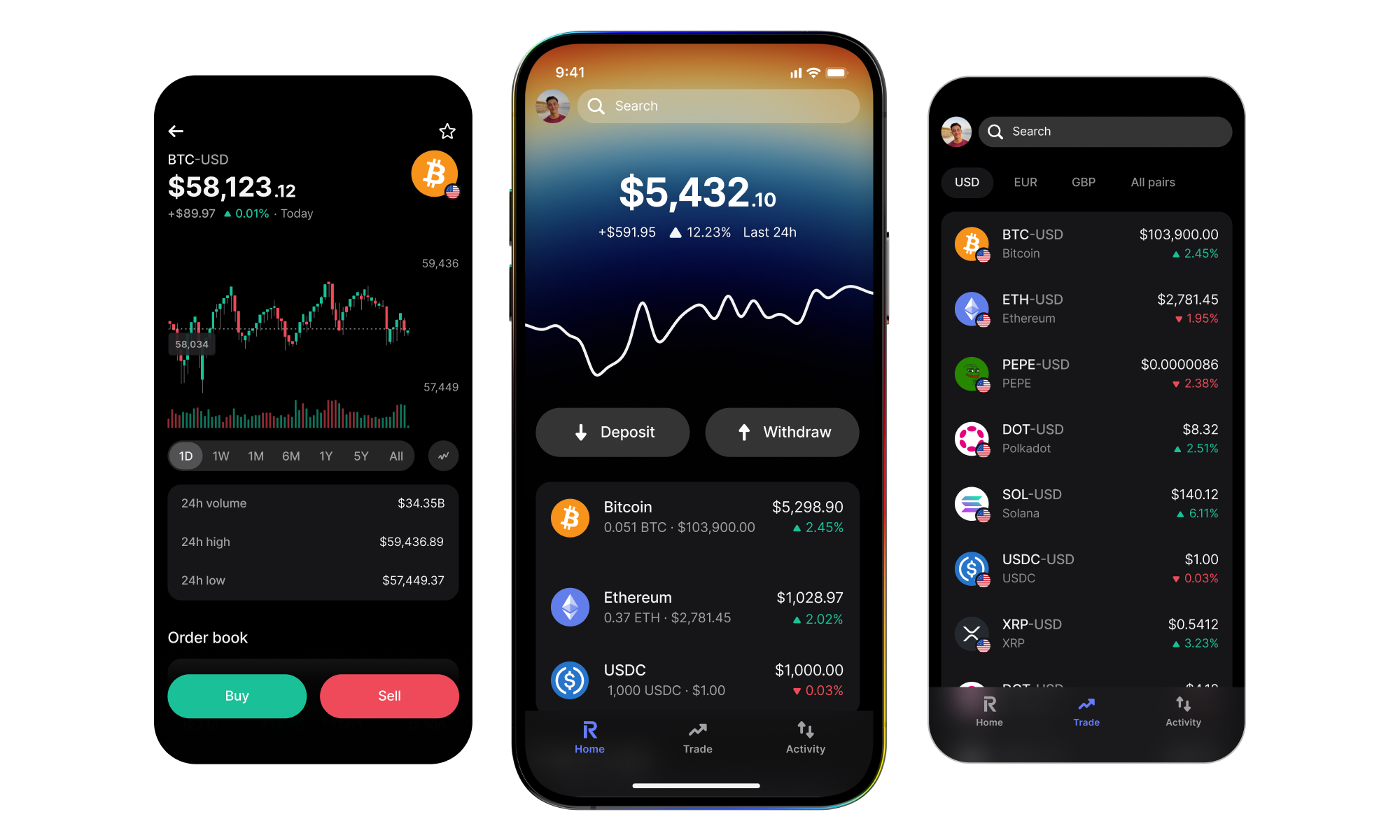
Revolut Business: Revolut Business provides multi-currency accounts, international payments, and crypto trading features. It is available in the UK, EEA, and select global markets, making it a popular choice for crypto businesses needing global payment solutions and access to both fiat and crypto services.
-

Juno: Juno is a US-based neobank that supports both fiat and crypto transactions for businesses. It offers business checking accounts, instant payments, and the ability to hold, trade, and pay with crypto, making it suitable for companies operating in the digital asset space.
-
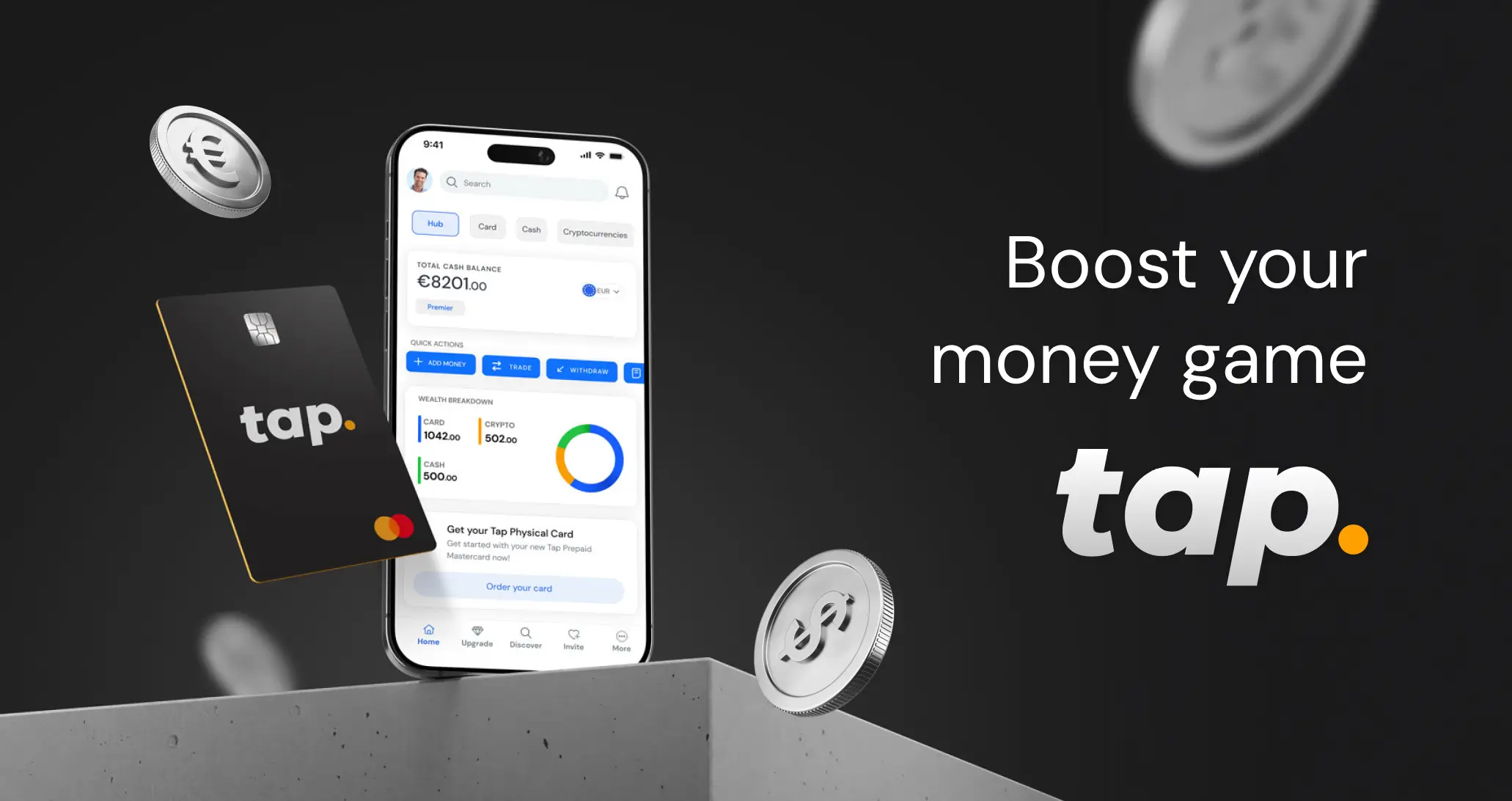
Tap Global: Tap Global provides a multi-currency business account with integrated IBAN, supporting both fiat and crypto. Businesses can trade, pay, and receive globally, with features designed for companies operating internationally in the crypto sector.
The path to opening a crypto bank business account in 2024 requires diligence but rewards those who prepare thoroughly. By emphasizing compliance from day one, and maintaining open lines of communication, you’ll position your company as a trustworthy partner in the rapidly evolving world of digital asset finance.
